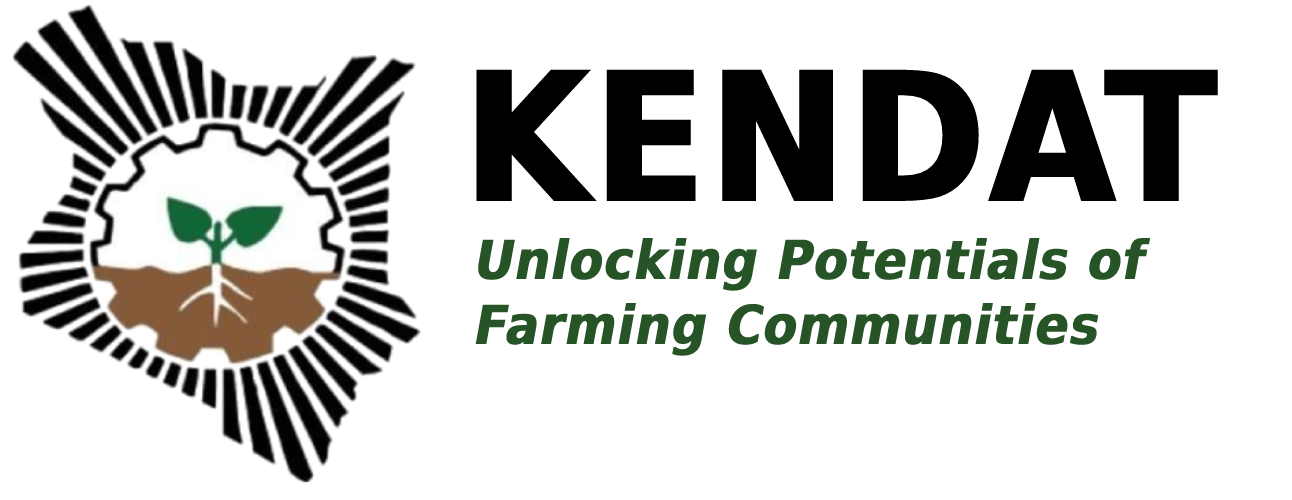Heshimu Punda Programme
Programme Background and History
KENDAT in partnership with Brooke East Africa implements the Heshimu Punda (Respect the Donkey) Programme which aims at improving the welfare of working donkeys in the Mount Kenya region.
The programme currently runs in eight counties namely; Kirinyaga, Nairobi, Kiambu, Meru, Tharaka Nithi and Embu counties where donkeys are involved in transportation and tillage.
Heshimu Punda program aims at improving the welfare of working donkeys through positive change in behaviour and practices of donkey owning communities, improved quality of animal health services and creation of a conducive policy and legislative environment that support donkey welfare and community livelihood development. KENDAT improves the livelihood of the the donkey owning communities through the following project activities;
1. Veterinary Services
KENDAT through the Heshimu Punda Programme is focused on building sustainability in the provision of veterinary services for working donkeys and other livestock in the Mt.Kenya region through building the capacity of veterinary service providers, creating viable and sustainable networks with County and National Governments and other stakeholders.
2. Community Engagement
Donkey owners need to be involved in community engagement and participate in an organized manner for a positive change to be realized towards donkey welfare. KENDAT has been working closely with donkey owners in counties around the Mount Kenya region to inculcate positive knowledge, attitude and practices toward donkey welfare.
Tharaka is classified as an ASAL area in Tharaka Nithi County and thus favors goat rearing. Most homesteads own goats which they greatly depend for source of income for food, clothing, medication and education. The most common breed of goats reared by most farmers are the local small goats which often fetch lower prices in the market and also take long to grow and reach market price. KENDAT designed a goat improvement project to improve the breed of the local goats to increase the income of these households, by supporting them with more adaptable and fast growing Galla bucks which fetch higher prices in the market. This in turn enables them to pay for veterinary services and buy feeds for their donkeys to improve their welfare.
The Heshimu Punda Program works with women in Tharaka and Mbeere in Embu County to support in promoting basketry and weaving as income generating projects, creating the necessary market linkages and facilitating value addition and marketing. This is aimed at taking advantage of the locally available human capacity and local materials coupled with the increasing global demand for woven baskets and other sisal products by local and international tourists.
KENDAT is committed in ensuring sustainable development goal 13(SDG 13) is achieved through environmental conservation. The goal aims at building resilience and adaptive capacities to adverse climate change effects by developing sustainable low-carbon pathways and accelerated reduction of global greenhouse gas emission. This is achieved through working closely with well-organized community groups, and Kenya Forest Service (KFS).
3. Resilience Building for Livestock Farmers
Tharaka is an ASAL part of Tharaka Nithi county with Igembe-Tigania an ASAL part of Meru County which normally experiences drought between months of June and September. During this time, the livelihoods of many households are at risk of being lost through death of livestock occasioned by shortage of pasture and water. To address this, KENDAT partnered with donkey owner groups for the resilience building for livestock farmers in constructing community fodder banks and water points that will ensure provision during the drought periods.
4. Policy and Advocacy
KENDAT works with the relevant government authorities and departments at the County level to put in place a policy, advocacy and legislative environment that supports animal welfare. This is achieved through a stakeholder engagement process, reviewing existing policies and laws and embarking on formulating new laws and policies mostly through National dialogues and County public participation forums.
